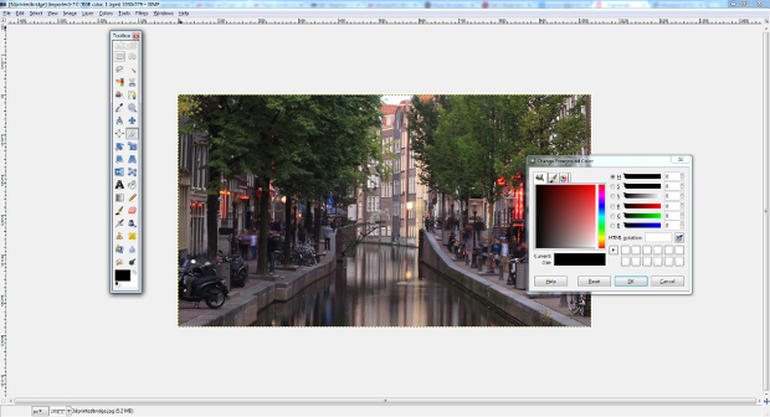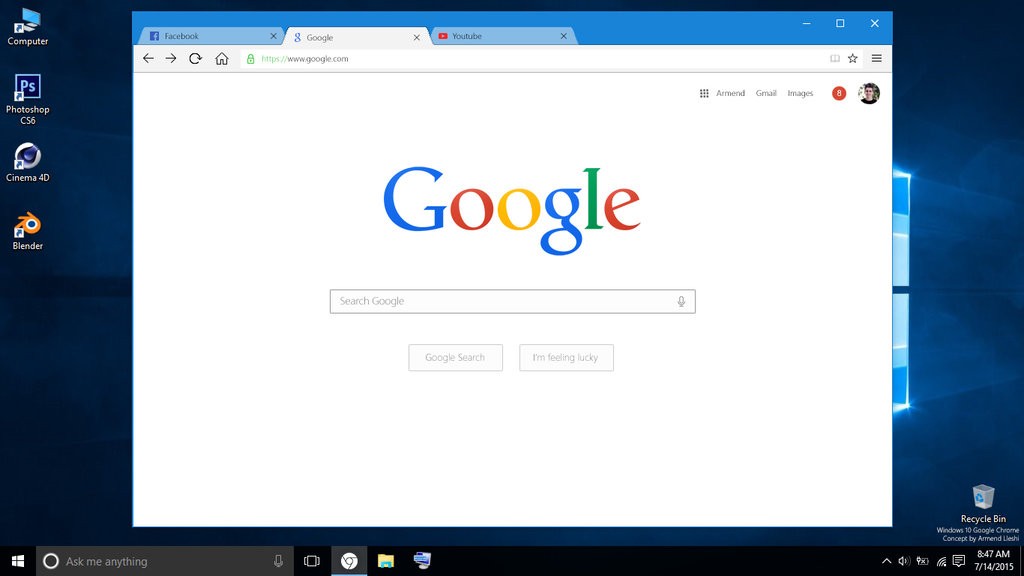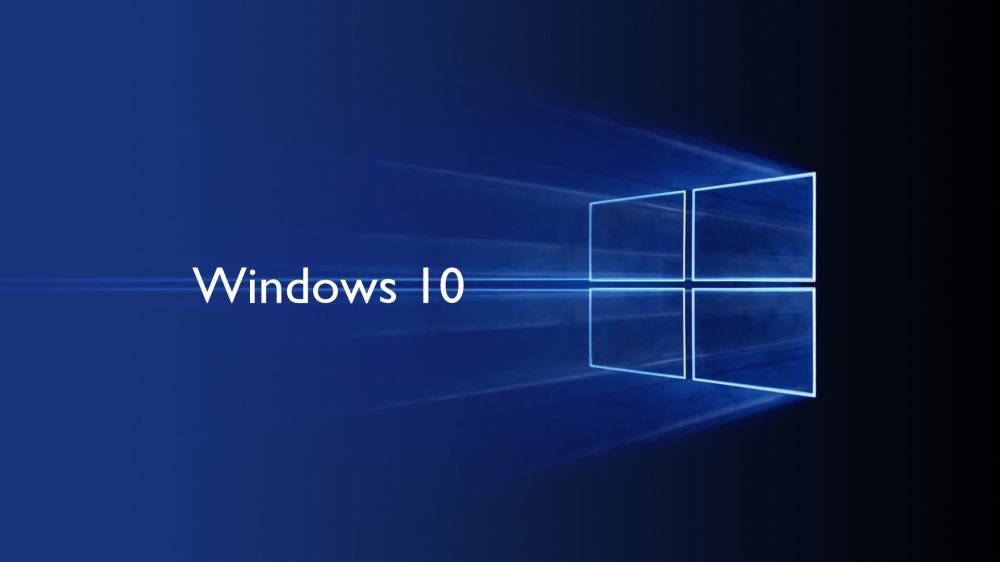With the release of Windows 10, Microsoft decided to cut and mangle some beloved, long-standing features available in previous versions of its operating system.
Windows Media Center is gone and Solitaire now shows you full-screen ads, which you have to pay to get rid of.
That's not to mention the outcry over Microsoft releasing software to play DVDs that costs $14.99 through the Windows Store.
Fortunately, you can ignore these shenanigans - as there is plenty of free software out there to fill the gaps in Microsoft's new OS.
1: LibreOffice
When it comes to word-processing options on Windows 10, you're stuck with the rather bare bones WordPad. You can of course download the mobile-focused versions of Office for free but these aren't tailored for desktop use.
LibreOffice is a free open-source office suite that includes software for word processing, creating spreadsheets, making presentations, database management and more.
It is compatible with many different file formats, so there's a good chance you'll be able to open documents and spreadsheets created in Microsoft Office.
The look and feel will be familiar to anyone who used Office 2003, as its menu takes it cues from the classic Office layout rather than the Ribbon arrangement used in more recent releases.
Version 5.0 of LibreOffice has just been released - bringing with it improvements to Calc - LibreOffice's alternative to Excel - and better support for importing user profiles.

2: VLC
Microsoft's removal of Windows Media Center from Windows 10 - only to release instead a $14.99 DVD player app - has been met with disapproval in some quarters.
Even though the app will be free to most people upgrading from Windows 7 and 8, it apparently is very limited and if you reinstall, you may find yourself having to pay.
Rather than worrying about any of this, you could just download VLC.
VLC is a very capable media player, happy to play DVDs and other video but also able to handle a range of different audio files.
Easy to use and with a good range of controls and keyboard shortcuts, VLC can also be augmented by downloading software plugins.
You can download VLC for free.

3: GIMP
The Windows 10 Photos app is OK for retouching photos but it's not about to give Photoshop a run for its money.
If you want to do more than applying filters and cropping an image, then you should give the GNU Image Manipulation Program a try.
Despite its slightly juvenile-sounding acronym, GIMP is, in many respects, a fully-featured alternative to Photoshop.
While not the simplest program to use, the basics can be picked up quickly, and those willing to put in the time can achieve impressive results thanks to its broad toolset that can handle anything from photo retouching to adding professional-looking effects.
You can find GIMP available to download here.

4: Chrome
This might be a both a controversial and somewhat predictable choice.
Controversial in that Windows 10 comes with a smart new browser called Edge and predictable in that Chrome is already a hugely popular piece of software.
But I don't have a problem recommending it as, for me, Edge didn't live up to its promise. On paper, it is a fast browser that can handle the latest web pages and services without complaint. In practice it too often locked my window until the entire page had loaded. I could be unlucky but it seems I'm not the only one to have experienced this issue.
But perhaps the biggest reason for me to recommend Chrome, or Firefox if you're averse to Google products, is the power of its extensions. Despite Edge having modes to allow you to remove clutter from around articles and annotate web pages, the big missing feature is being able to extend the browser using add-ons. That ability is coming to Edge in the next few months.
In the meantime you can download Chrome here and Firefox here.

5: Spotify
Windows has a streaming music service called Groove Music - the only problem is you have to pay for it.
A monthly subscription of $9.99 per month will provide you with access to Groove's huge music catalogue, as well as the ability to upload your own music to OneDrive, so you can stream it on demand. However, some people are having difficulty with this feature.
If you don't want to pay, then Spotify, the stalwart of streaming services, already offers access to a huge catalogue of music for free. The free service includes ads that can be removed with a $9.99 a month Premium subscription.
True audiophiles should check out Tidal, which offers what they call high-fidelity streaming, with songs pushed out as 16bit, 44.1kHz FLAC files with a bit rate of 1,411kbps - far superior to the 320kbps offerings of most streaming services. This quality comes at a cost, however, of $19.99 per month.


